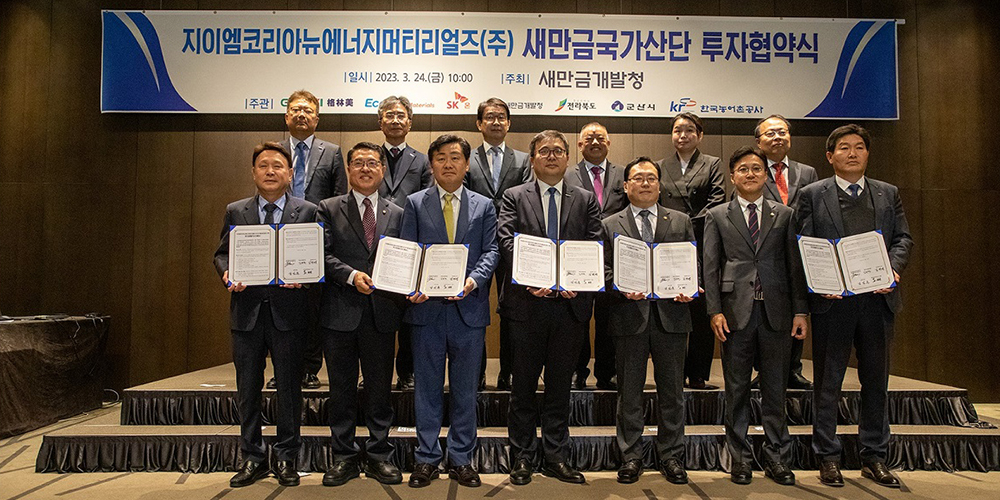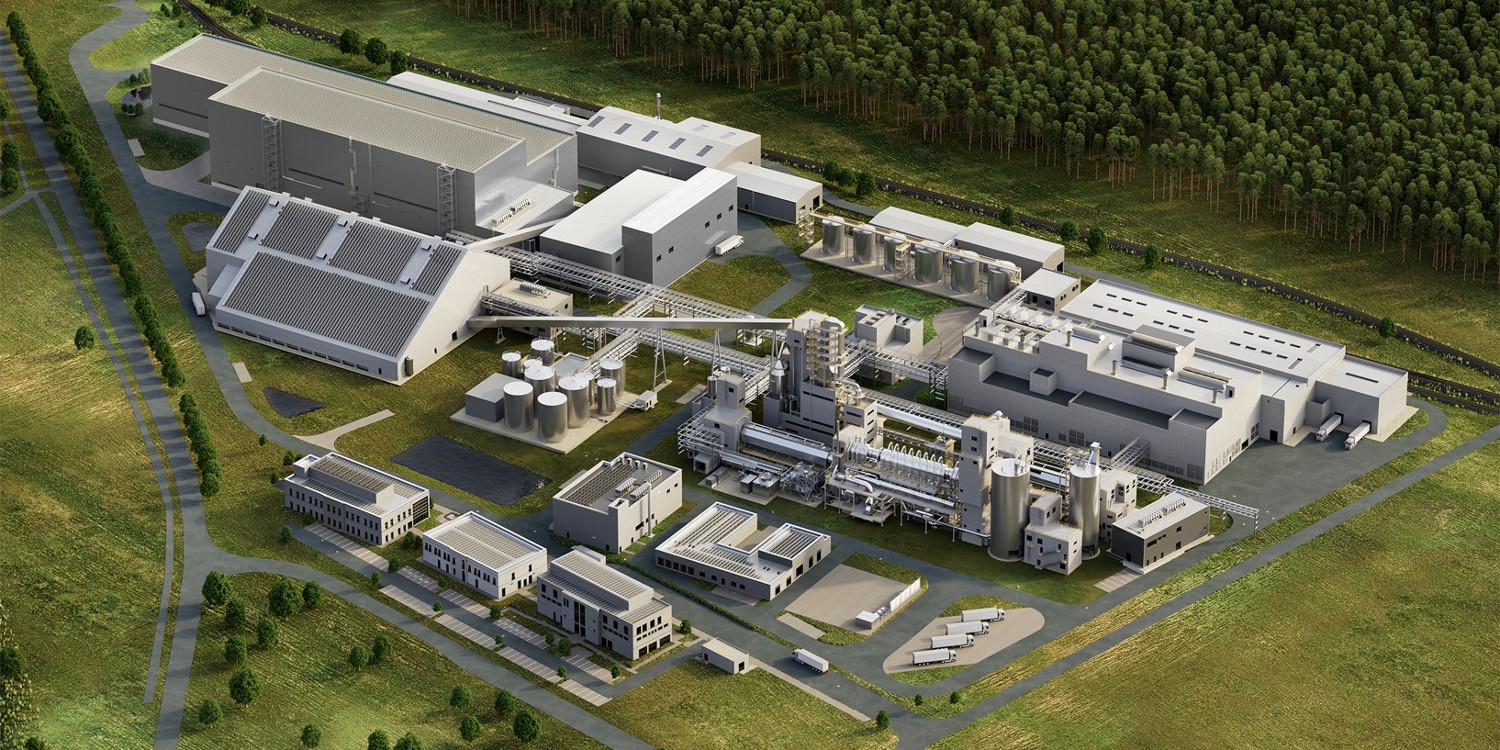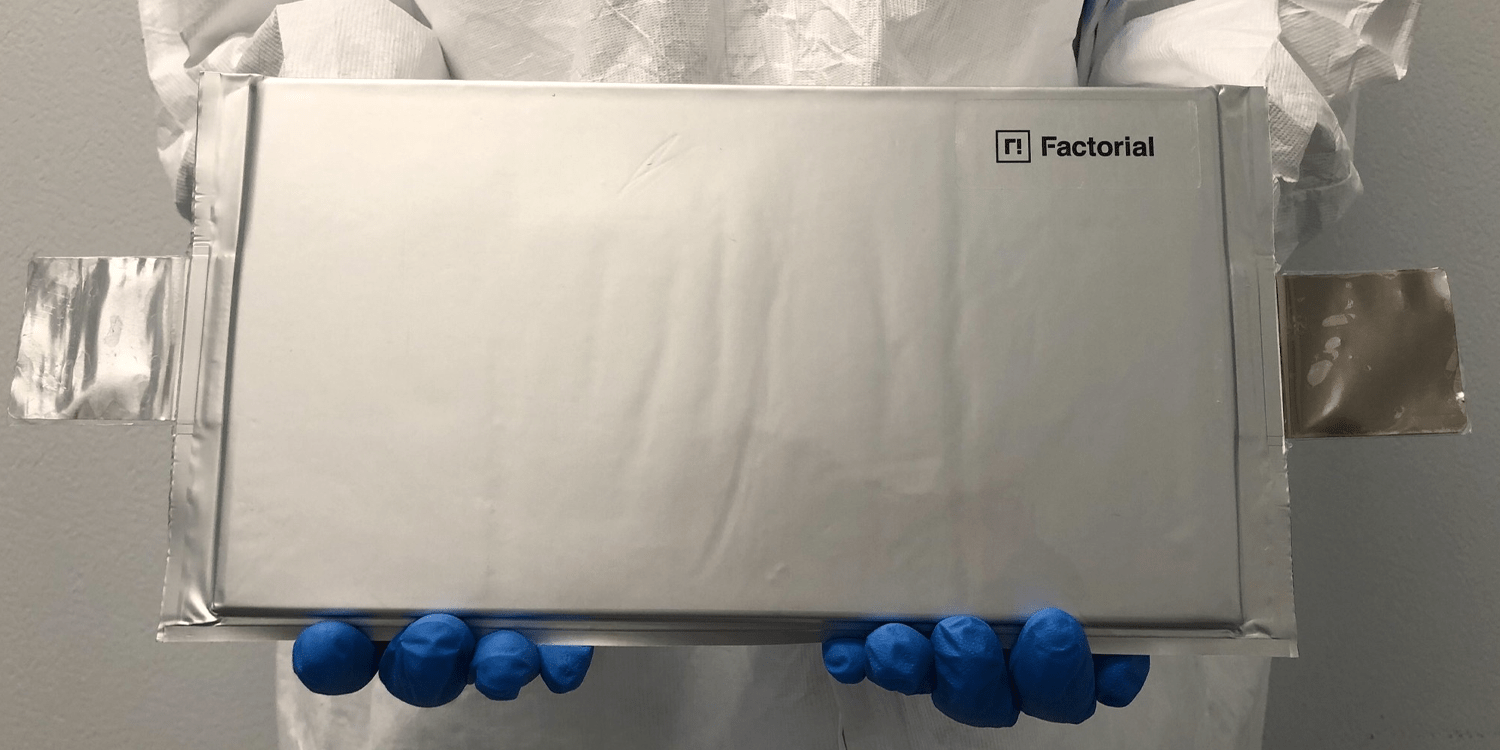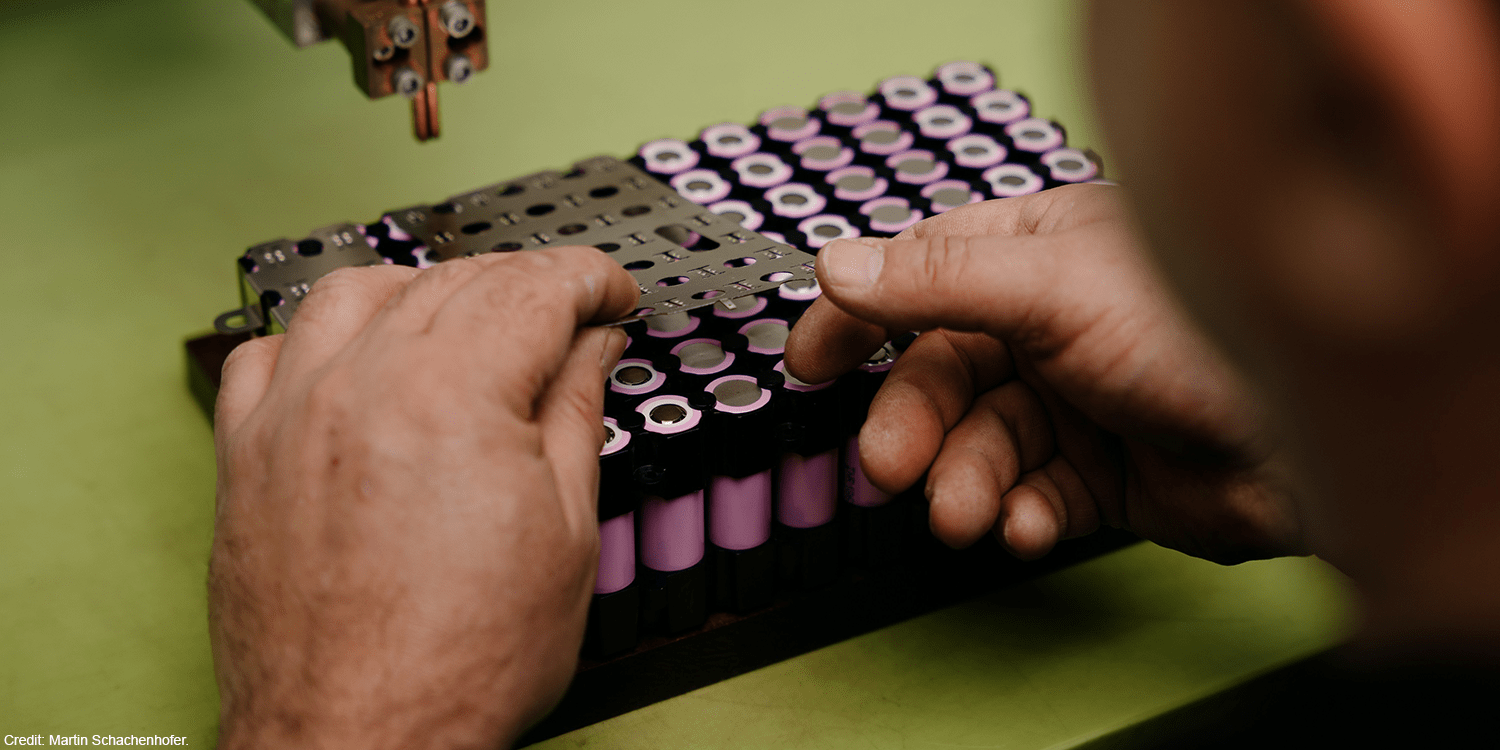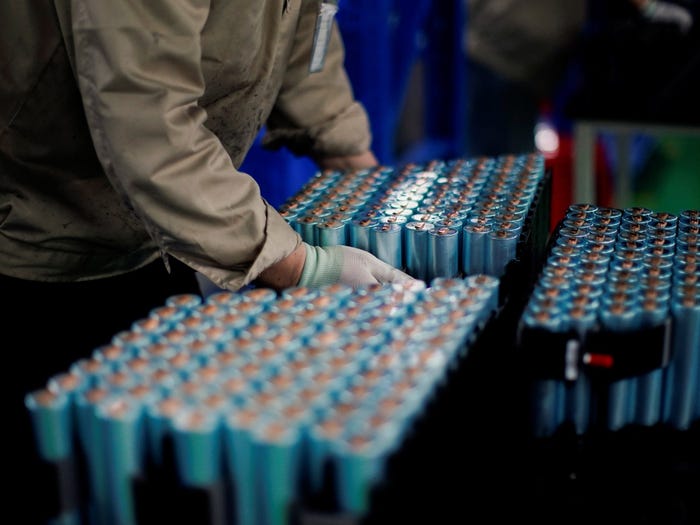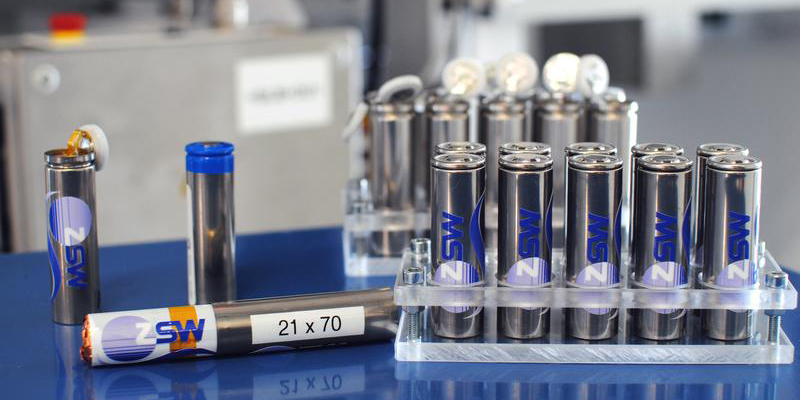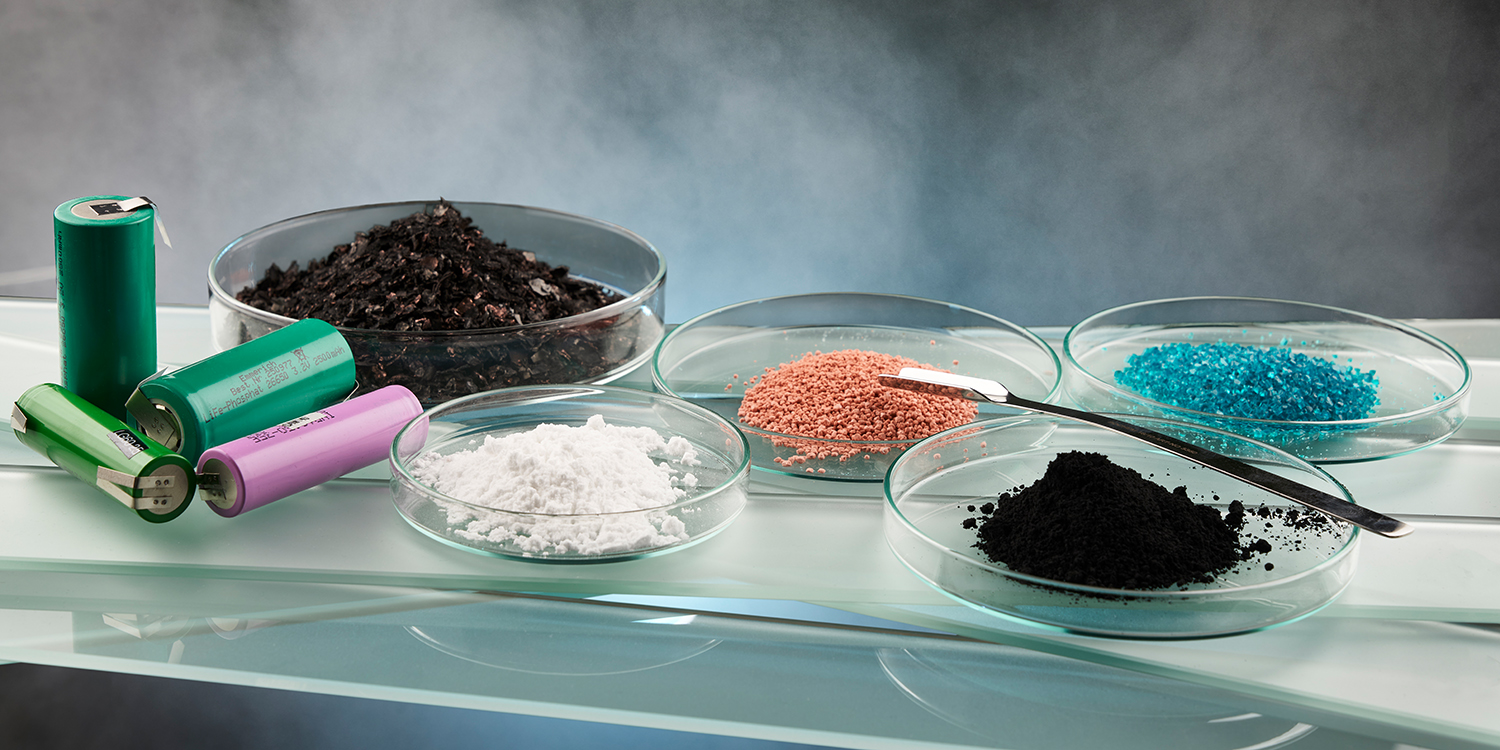South Korean company SK On, in partnership with EcoPro and GEM, is set to construct a new production plant for precursors for electric car batteries. The plant will be located in Saemangeum, South Korea, and is expected to be completed by the end of 2024, with an annual capacity of 50,000 tons of precursors.
The companies are investing a total of 1.21 trillion South Korean won (about $931 million) in the plant’s construction, which is set to begin this year. While the plant’s initial capacity has not been disclosed, the companies plan to increase its production capacity sequentially.
See also: SK On Targets $2.4 Billion in New Funding Round for EV Battery Business
Precursors, according to SK On, are a critical material that accounts for 65% to 70% of the cost of cathode materials. Once the plant is at full capacity, it will produce enough precursors for cathode materials required for approximately 300,000 electric cars.
This new production plant comes after SK On received additional capital of 2.8 trillion won to expand its business, specifically to respond to the growing demand for batteries for electric vehicles in the medium to long term.
Additionally, SK On, EcoPro, and GEM have previously announced a joint venture to produce nickel intermediates in Indonesia. The factory, located in Sulawesi, is expected to begin producing 30,000 tonnes of pure nickel annually from the third quarter of 2024. This amount of nickel is enough to manufacture electric car batteries with a total capacity of 43 GWh or for 600,000 cars.
In a statement, SK On stated that “the company will secure a stable supply of high-quality materials and respond flexibly to market demand, further solidifying its position as a global leader in the battery materials industry.”
See also: GEM to Build EV Battery Material Plant in South Korea to Meet US Requirements
These investments demonstrate the companies’ commitment to meeting the growing demand for electric vehicle batteries and the transition to a more sustainable future. As the demand for electric cars continues to grow, the need for reliable and efficient battery materials will also increase, making these investments critical for the industry’s future.

